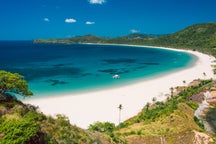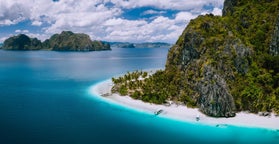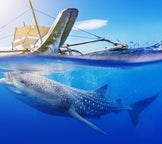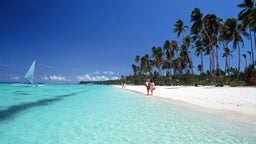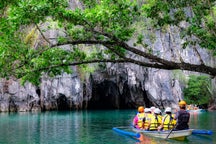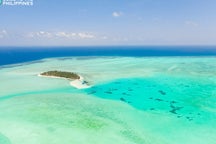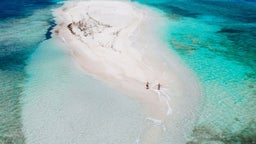Corregidor Island

Corregidor Island is a small island at the entrance of Manila Bay that's best known as a former US army outpost during World War II. Shortly after the war, the Japanese forces turned the island into a prison for three years before it was given back to the Philippines in 1945 with the help of the Allied forces. Nowadays, the island is a popular tourist attraction especially for history buffs as you can stil find memorials and structures here that date back to the war.
In honor of the brave Filipino solders that fought in the war, Filipino artist Francisco Mañosa designed a memorial park at the tail of this tadpole-shaped island. In addition, Manuel Casa sculpted 14 bronze murals surrounding the park that depict the Philippines' history and struggle towards freedom from colonizers.
At the southeastern tip of the island, you'll find a tunnel that previously served as a warehouse supply, accommodation, and a hospital during the war. Today, the tunnel is used to showcase the work of Lamberto V. Avella through audio-visual performances that feature documentaries, sculptures, and reenactments of the events that led to the freedom from the country's colonizers.
Best time to visit
Since the island's attractions are mainly outdoors, it's best to visit during the dry season (December to May).


